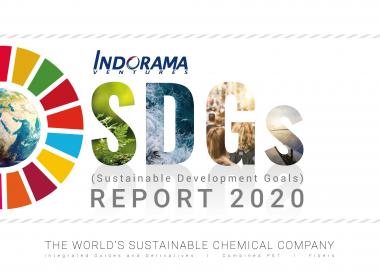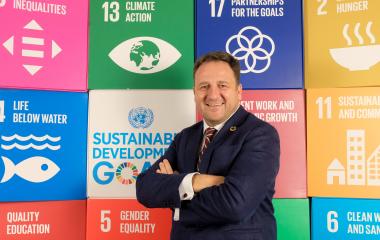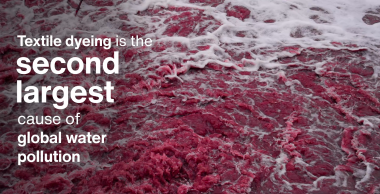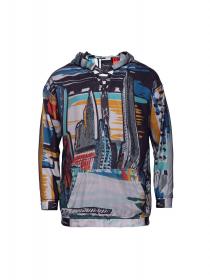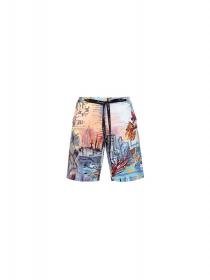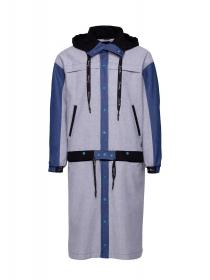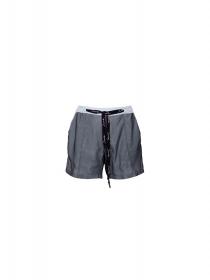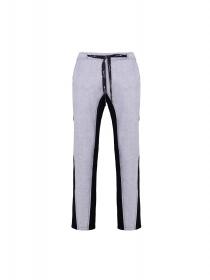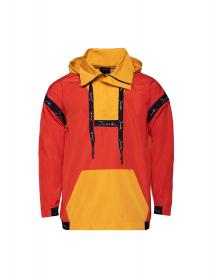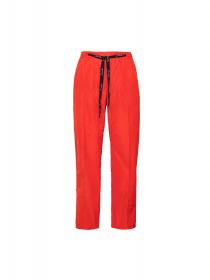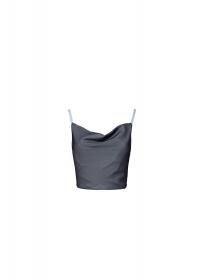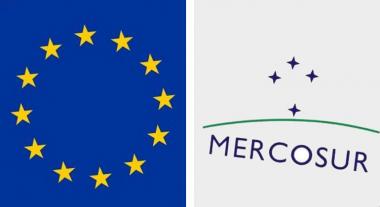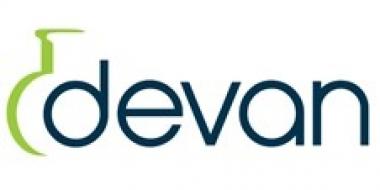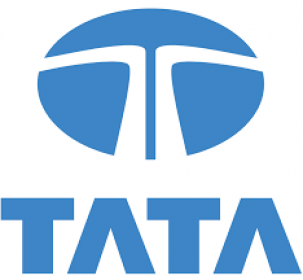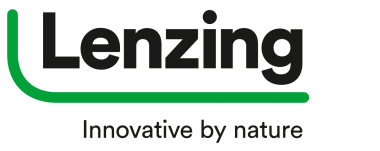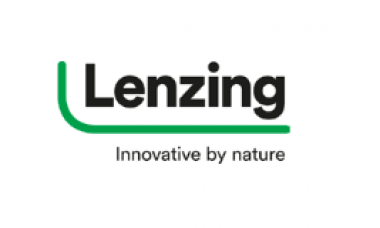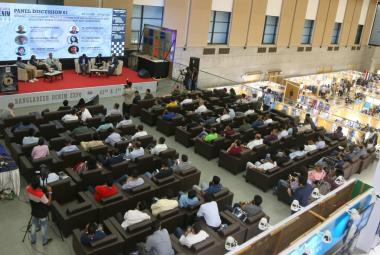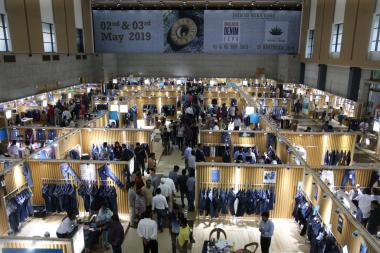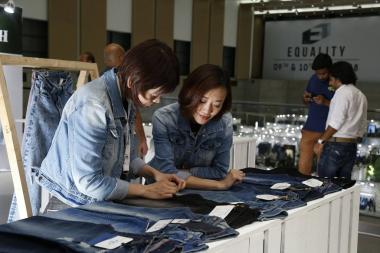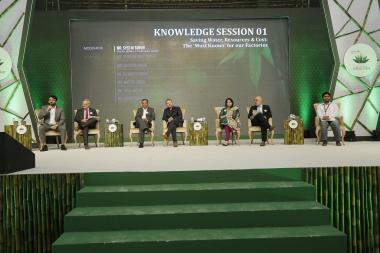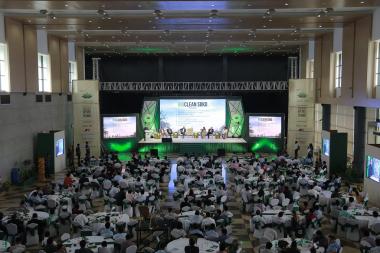Indorama Ventures launches the industry's first report on contributions to UN Sustainable Development Goals
Indorama Ventures Public Company Limited (IVL), a world-class sustainable chemical company, introduced the first independent Sustainable Development Goals (SDGs) Report developed by the private sector in Thailand. The report provides details of the company’s sustainability strategy, aligned with the United Nation’s SDGs.
Renaud Meyer, UN Development Programme (UNDP) Resident Representative to Thailand, said, “We support countries in achieving the UN Sustainable Development Goals through integrated solutions. Achieving the goals at global level requires the partnership of governments, private sector, civil society and citizens alike to make sure we leave a better planet for future generations. The Sustainable Development Goals Report developed by the private sector is one way to urge more constructive collaboration among sectors.”
The report presents IVL’s progress in achieving the UN Sustainable Development Goals. The company outlined five focus areas for contributing to the SDGs: Recycling and the Circular Economy, Climate Change and Energy, Environmental Stewardship, Health Safety and Well-being, and CSR and Collaborations. IVL believes it can have the greatest impact on these areas while also growing its business and bringing about constructive change. Activities in these five areas help IVL align with 13 of the 17 SDGs, totaling 39 targets.
Yash Lohia, Chief Sustainability Officer at Indorama Ventures, said, “Businesses can make a significant contribution to achieving the UN Sustainable Development Goals. IVL, as a responsible industry leader, is committed to contributing to the SDGs and addressing the world's environmental and economic concerns. We need to be accountable to our stakeholders, including our 25,000 employees and their families, our customers and industry partners. Furthermore, we believe that complying with the SDGs will provide us with considerable business prospects.
Indorama Ventures Public Company Limited Sustainability circular economy Climate Change Sustainable Development Goals
Indorama Ventures Public Company Limited


